David Hunter was born on July 21st in 1802 in Princeton, New Jersey. He was the cousin of writer and illustrator David Hunter Strother, who would also serve as a Union Army general. His maternal grandfather was Richard Stockton, a signer of the United States Declaration of Independence. He graduated from the U.S. Military Academy at West Point in 1822, and was commissioned a second lieutenant in the 5th U.S. Infantry regiment.
Records of his military service show that from 1828 to 1831, he was stationed at Fort Dearborn near Chicago, Illinois. While there, he met and married Maria Kinzie, the daughter of the city's first white resident, John Kinzie. Hunter served in the infantry for 11 years, appointed captain of the 1st U.S. Dragoons in 1833.
In July of 1836 he resigned from the Army and moved his family back to Illinois, where he worked as a real estate speculator. He reenlisted in the Army November 1841 as a paymaster and was promoted to major in March of 1842. He saw action during the colsing part of the Seminole Wars and in the War with Mexico. Hunter was stationed at Fort Leavenworth, Kansas in 1860, and began correspondence focusing on anti-slavery with Abraham Lincoln. This relationship had political effects, the first of which was an invitation to ride on Lincoln's inaugural train from Springfield, Illinois to Washington, D.C., in February of 1861. During this assignment, Hunter suffered a dislocated collarbone at Buffalo, New York when the crowd pressed in on the president-elect.
Soon after the firing on Fort Sumter, Hunter was promoted to colonel of the 3rd U.S. Cavalry. Then within three days he was appointed to the fourth-ranking brigadier general of volunteers. He was wounded in the neck and cheek while commanding a division under Irvin McDowell at the First Battle of Bull Run in July of 1861. He was promoted to major general of volunteers in August. He served as a division commander in the Western Army under Major General John C. Frémont. On November 2nd of 1861 he was promoted as commander of the Western Department after Frémont was relieved of command. That winter he was transferred to a command in Kansas.
Saturday, April 21, 2007
Subscribe to:
Post Comments (Atom)
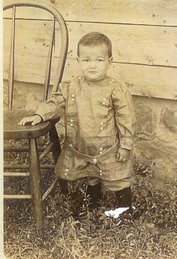
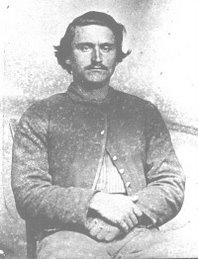
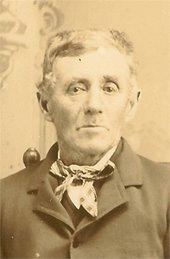
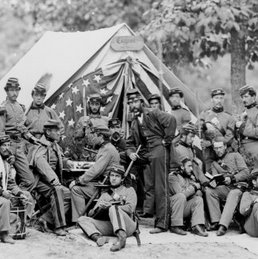

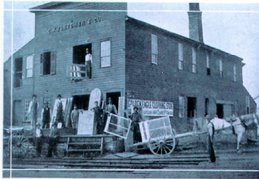
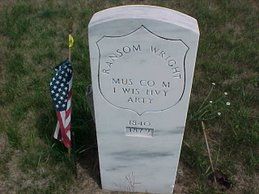

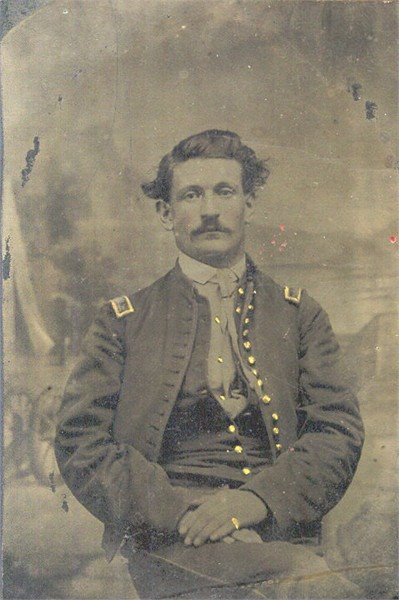
No comments:
Post a Comment